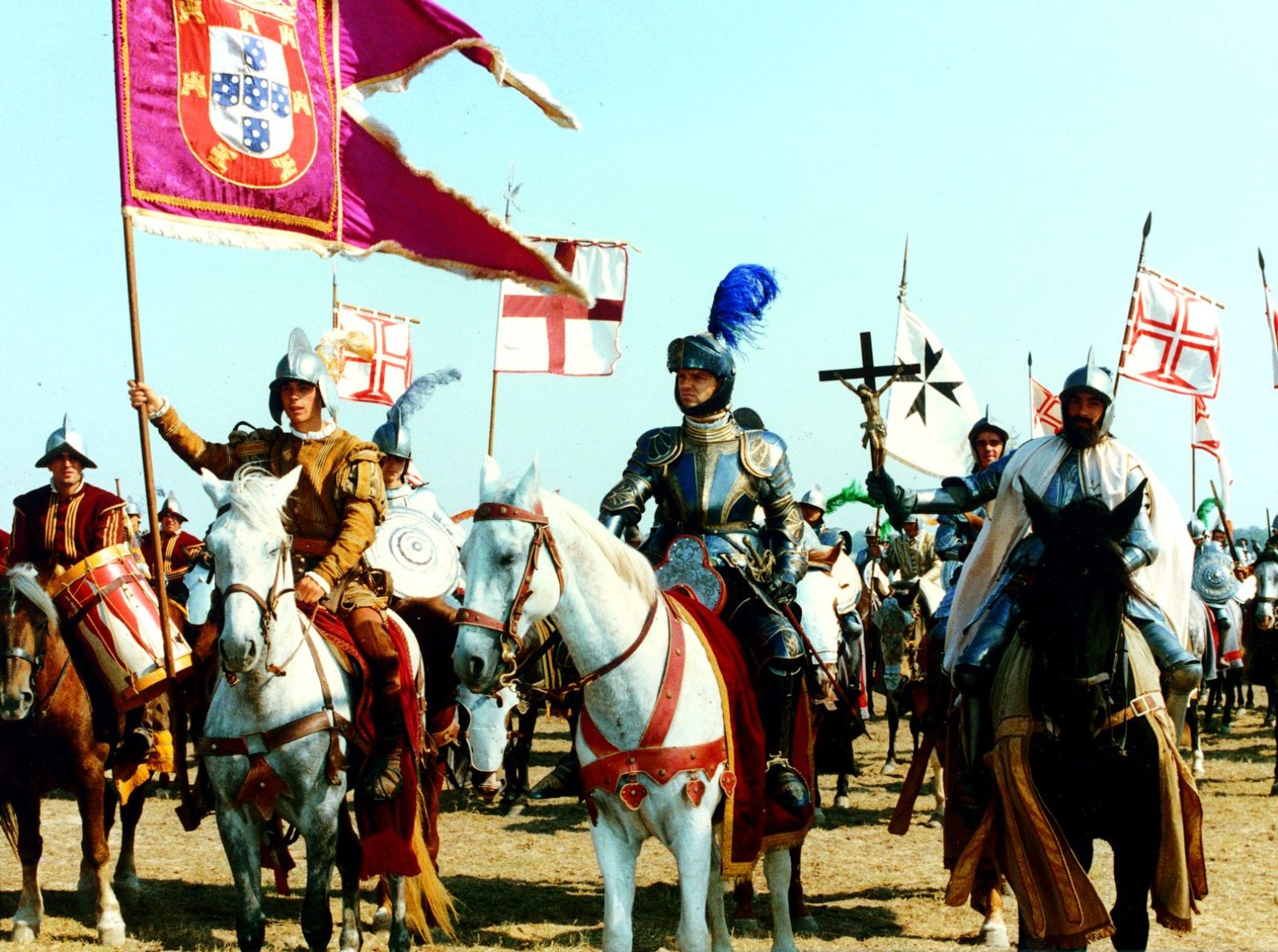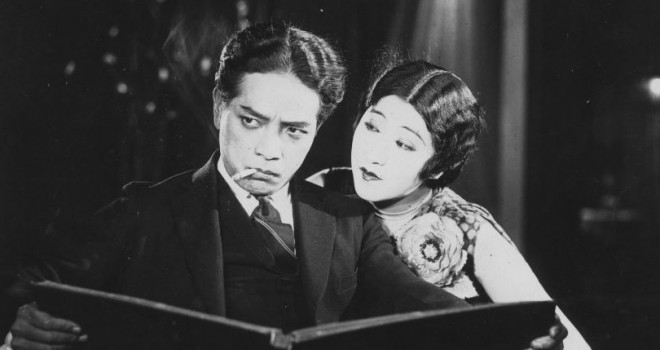For Manoel de Oliveira, NON ou a Vã Glória de Mandar was the film that earned him belated international recognition. This eleventh feature film by the colossus of Portuguese cinema, then aged 82, inaugurated his most prolific period as twenty-one more films were to follow on until 2015. It is not so easy to shelve Non… by snugly labelling it as a historical film: rather, it dissolves all references so as to open them out, becoming alternately a chronicle, a poem, a mystical vision, a reflection on civilisation, and a questioning of a country’s tragic destiny. On the eve of 25 April 1974, in the Angolan bush, second lieutenant Cabrita, a history teacher in civilian life, tells his comrades in arms the Portugal’s story through some of its most striking defeats. The journey of a people whose trajectory remains an enigma for those who recount it; by taking the title of his film from a famous sermon by Father Antonio Vieira
– with the very French “Non” marking the irreversibility of the palindrome –, Manoel de Oliveira forges the idea that the grandeur of Portugal depends less on its conquests and patriotic, expansionist fervour, and more on its universal legacy, which serves to reveal the vast extent of our world. JB
Home > Films > non, ou la vaine gloire de commander
non, ou la vaine gloire de commander
(Non ou a vã glória de mandar)
- Titre français
non, ou la vaine gloire de commander - Original title
Non ou a vã glória de mandar - Scénario
Manoel de Oliveira - Photo
Elso Roque - Montage
Manoel de Oliveira, Sabine Franel - Assistant réalisateur
Jaime Silva, Jacques Arhex Manuel João Águas, João Cayatte - Son
Gita Cerveira - Musique
Alejandro Masso - Interprétation
Luís Miguel Cintra, Cabrita, Viriato, Diogo Dória, Luís Lucas, Miguel Guilherme - Production
Madragoa Filmes, Tornasol Filmes, Gemini Films, SGGC Films - Décors
Luís Monteiro, Maria José Branco - Ventes internationales
Madragoa Filmes, Ante-Esteia, Fundação Calouste Gulbenkian, Cinemateca Portuguesa - Support de projection
35 mm




